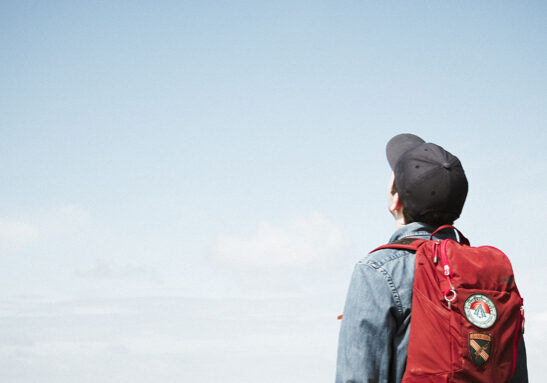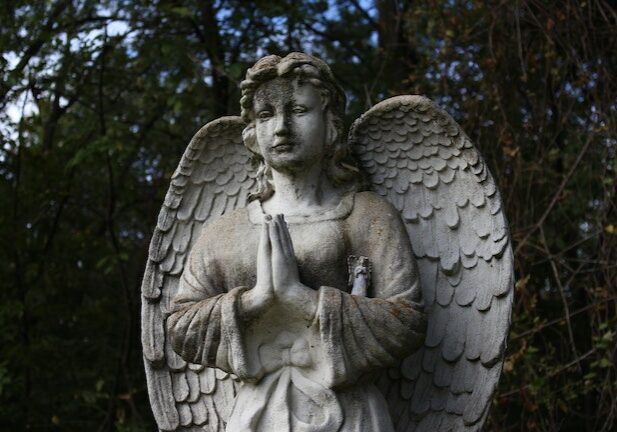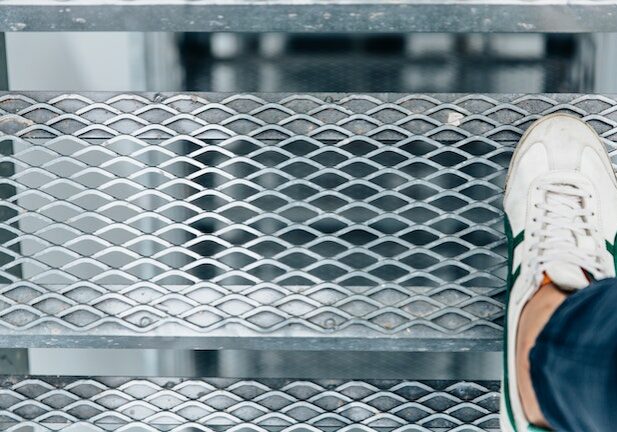Braid Mission
Blog
Hard Lessons
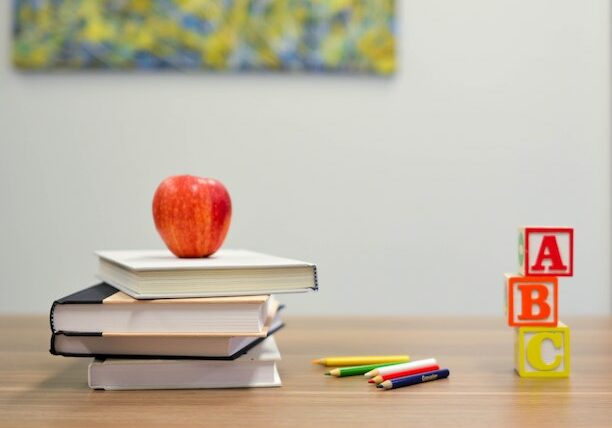
I grew up in a small town in Tennessee, attending the local public elementary school.
I was one of a handful of kids in my class who competed with each other for blue ribbons in the spelling bee, being the first to know the answer to a question, or finishing a math problem on the chalkboard the fastest.
But then there were those kids on the other end of the spectrum, the ones who maybe never finished the math problem, who were familiar with receiving Fs, who eventually received so many that they didn’t try to hide them anymore. At the end of every school year, when the list of names came out of those who had failed a grade, theirs were the names you expected to see.
One of those kids was Jacob (not his real name). In fourth grade he sat in the desk right behind mine. Jacob often smelled bad – sometimes I held my breath because it was overwhelming. His clothes were old, baggy hand-me-downs. All I knew about Jacob’s family was that they lived in “the projects,” which meant you lived on the wrong side of the train tracks that separated our tiny town.
Jacob was a year or two older than me, because this was at least his second attempt at the fourth grade. While I raced to be the first in the class to finish a quiz, Jacob often didn’t complete his quiz before the teacher collected them. He didn’t compare grades with our classmates. He didn’t ever volunteer to do a math problem on the chalkboard. He didn’t compete in the spelling bee. In short, even though Jacob and I sat in desks right next to each other, we had pretty different experiences of elementary school.
Chris and I have learned a lot about childhood trauma over the past few months. Learning about trauma was an important component of the Human Services Agency’s training for resource families that we participated in, and it is essential in our training for Braid mentors. We have learned how significantly trauma affects the lives of foster children and the impact it has on long-term health.
A couple weeks ago, we had the opportunity to hear Dr. Robert Ross, president and CEO of The California Endowment, speak about the long-term effects of trauma (at the 2015 Symposium on Fairness and Equity Issues in Child Welfare, sponsored by the California Social Work Education Center). Dr. Ross reminded us that children with a higher number of Adverse Childhood Experiences (ACEs) are far more likely to suffer from alcoholism, IV drug use, suicide, depression, and promiscuity as they get older.
He shared other sobering and saddening statistics that I hadn’t heard before: childhood trauma is the #1 predictor of school suspension and the #2 predictor of academic failure. A child who has two or more ACEs is three times more likely to repeat a grade.
This is all part of what many call the “school-to-prison pipeline,” where the punitive measures schools employ to try to correct behavior only undermine a student’s education and increase their chances of ending up in the juvenile justice system. Dr. Ross told us that one (I repeat, one) school suspension decreases a student’s likelihood of going to college by 72%.
When I heard these statistics, I immediately thought of Jacob and the other kids in my elementary school who repeatedly failed grade levels. I thought of how easily I fell into our culture’s tendency to label Jacob as a “bad” kid, a “dumb” kid, one who was just destined to fail. Until last week, I had never realized that his trouble in school was a big red flag that terrible things were happening at home.
Dr. Ross hopes that educators and doctors and counselors will stop asking kids like Jacob, “Why are you so bad?” and ask instead, “What happened to you?” I’m not sure who, if anyone, ever asked Jacob what had happened to him. If Jacob had a pediatrician, it was probably my dad, but that was long before pediatricians were talking about the impact of ACEs. (The American Academy of Pediatrics just recently released its Trauma Toolbox about ACEs.) I don’t know if teachers or principals ever asked Jacob that question. They just kept sending him back through the fourth grade.
I probably don’t want to know what happened to Jacob, and I certainly wouldn’t have wanted to know when I was 9. But I wish I could turn the clock back a couple decades and do things differently. I wish I hadn’t simply labelled him as one of the stupid kids, or one of the poor kids. I wish that, instead of leaping up to be the first in the class to turn in my assignment, I had asked if he needed help with his. I wish I had stopped holding my breath and turned around to smile at him every now and then. I wish I had been his friend.
I don’t know where Jacob is now. After seventh grade, I started attending private school and I never saw Jacob again – or, to be honest, gave him a second thought. According to Dr. Ross’s statistics, the odds are very good that he dropped out of school and will live out his life in prison or in the same housing projects where he grew up, repeating the cycle of family trauma for a new generation.
But I pray that maybe, just maybe, someone asked Jacob what happened to him, before it was too late, before he became a statistic. And I hope that what I’ve learned in the past few months will help me be better – not at knowing the answer to every question, but at knowing how to ask the right one.
